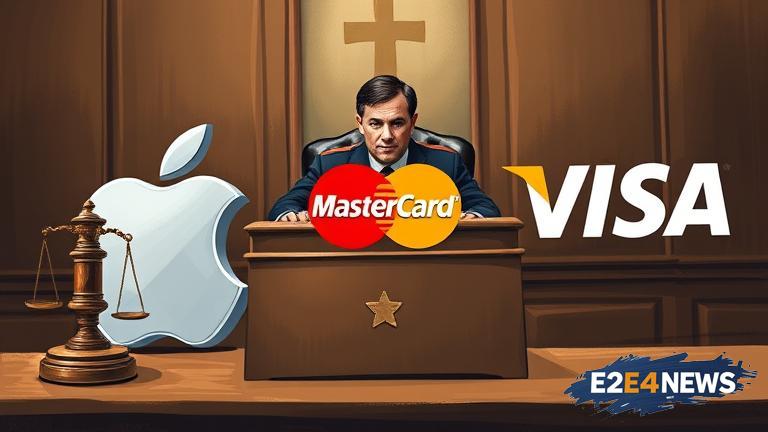In a significant legal development, a U.S. judge has dismissed a lawsuit that alleged Apple, Mastercard, and Visa colluded to limit the use of rival tap-to-pay systems on iPhones. The lawsuit claimed that the companies worked together to prevent competitors from accessing the iPhone’s NFC technology, thereby stifling competition in mobile payments. However, the judge ruled that there was insufficient evidence to support the collusion allegations. Apple argued that its restrictions on NFC technology were necessary for security reasons, a stance that the court accepted. The plaintiffs had contended that opening up the NFC capabilities would foster innovation and competition, but the judge sided with the defendants, emphasizing the importance of security in financial transactions. This decision marks a victory for Apple and the payment giants, who have long maintained that their policies are designed to protect user data. The dismissal of the case is a setback for advocates of greater competition in the mobile payments sector. The ruling may have broader implications for how companies balance security concerns with competitive practices in the tech industry. While the outcome is favorable for Apple, Mastercard, and Visa, it raises questions about the future of mobile payment systems and whether they will remain closed ecosystems. The case highlights the ongoing tension between security and innovation in the digital payments landscape. As mobile payments continue to grow, this decision could influence how companies approach similar issues. The judge’s ruling underscores the challenges plaintiffs face in proving collusion in cases involving complex technologies. The dismissal without prejudice allows the plaintiffs to potentially refile with additional evidence, but for now, the defendants have prevailed. This legal battle is part of a larger conversation about antitrust issues in the tech industry, particularly regarding Apple’s App Store and payment policies. The outcome may embolden other companies to prioritize security over openness in their platforms. However, critics argue that such practices can hinder competition and innovation. The case serves as a reminder of the intricate balance between security, competition, and innovation in the digital age. As the mobile payments market evolves, the implications of this ruling will likely be closely watched by industry stakeholders and regulators alike.
